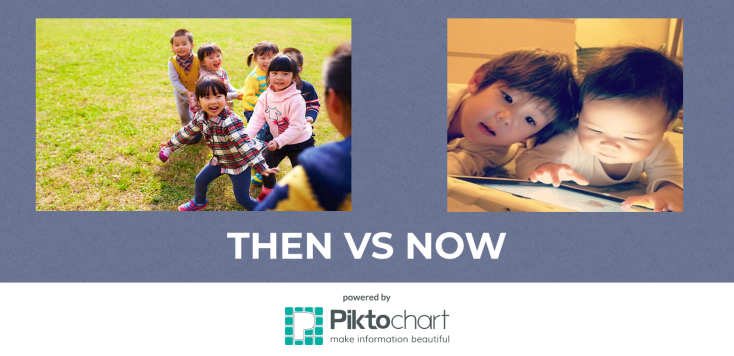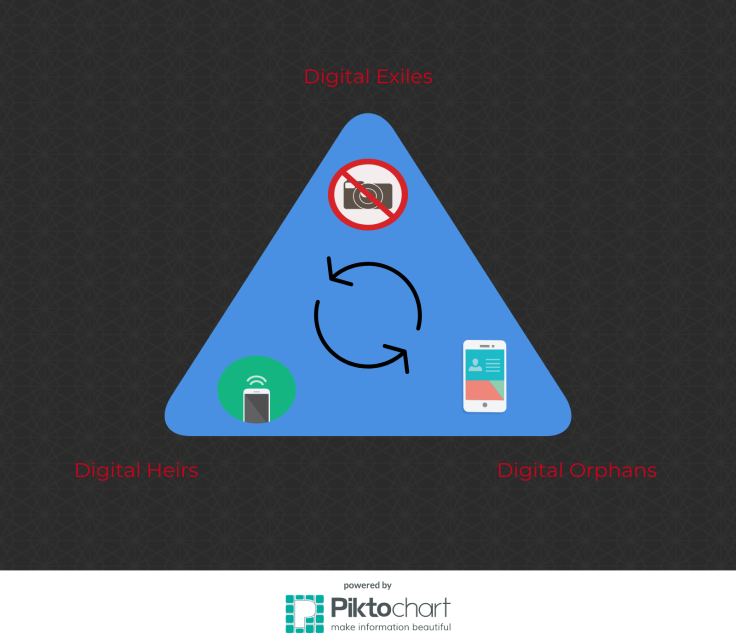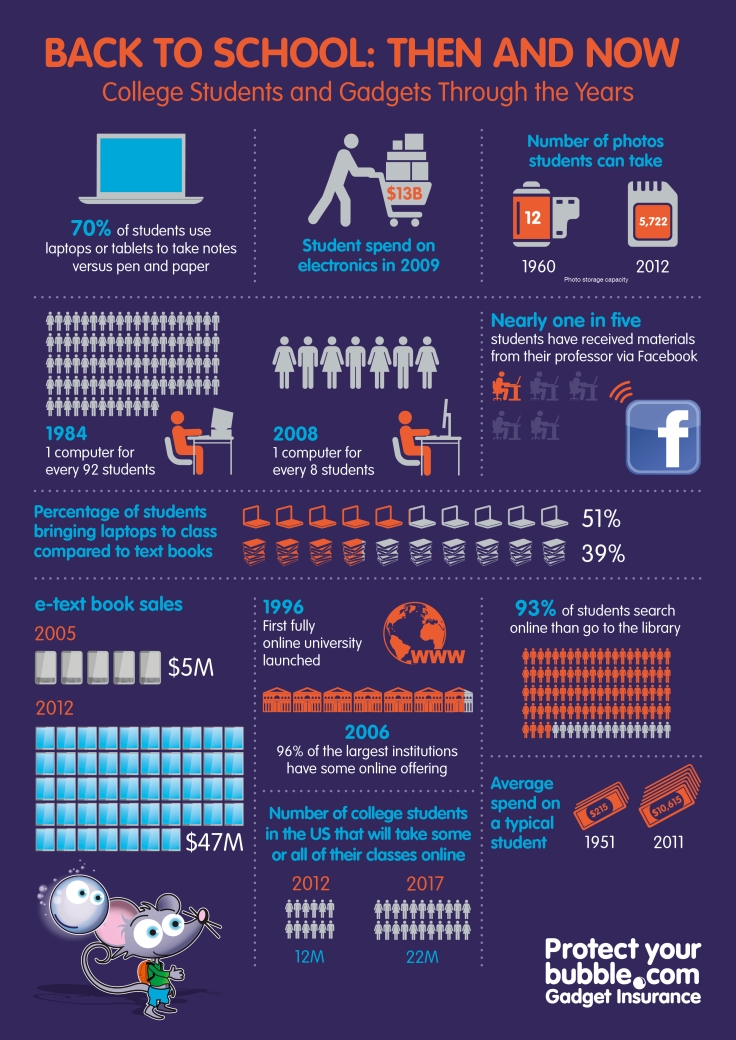
Looking back when my parents was a kid, the Web seems so foreign. But compared to me, the Web seems otherwise. Through Prensky (2011) theory, everyone is either natives or immigrants. But now times have changed, as the Web is incorporated into our daily life.
Samuel (2017) suggest that there are 3 distinct groups of young people based on how parents manage their kids’ use of technology in very different ways.

Digital Orphans – have grown up with a great deal of tech access but very little guidance.
Digital Exiles – are at the opposite extreme, they have been raised with minimal technology.
Digital Heirs – have impressive tech skills, thanks largely to their parents and teachers.
Being in a well-to-do family, I was fortunate to have access to the Web. I would consider myself as in between orphans and heirs. My parents would not limit my usage and they gave me the freedom to explore. At the same time, they would teach me on how to use it responsibly.

The digital world has enhanced my learning. For example, doing a research. In the past, people would have to go to the library and find articles. But now, we would just have to search it online. Digital learning has changed the way people learn and has helped us to learn better.
I believe that the difference in digital knowledge does cause an effect. It will determine how we progress further. I feel that the way people relate to technology will definitely shape the future.
(273 Words)
Reference:
Alexandra Samuel (2017). Opinion: Forget “Digital Natives.” Heres’s How Kids Are Really Using The Internet [online] Available: https://ideas.ted.com/opinion-forget-digital-natives-heres-how-kids-are-really-using-the-internet/
FutureLearn. (2017). Page from Learning in the Network Age – University of Southampton. [online] Available at: https://www.futurelearn.com/courses/learning-network-age/3/steps/263012#fl-comments
FutureLearn. (2017). Page from Learning in the Network Age – University of Southampton. [online] Available at: https://www.futurelearn.com/courses/learning-network-age/3/steps/263013#fl-comments
